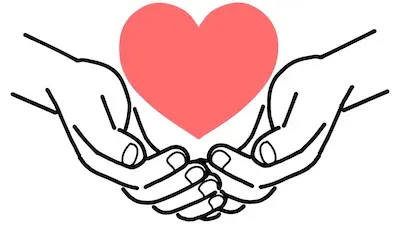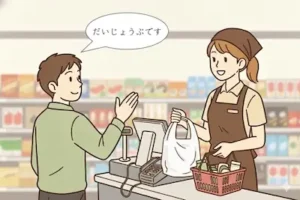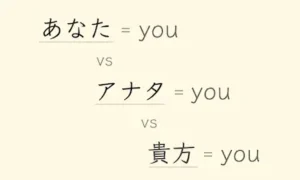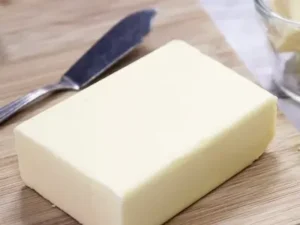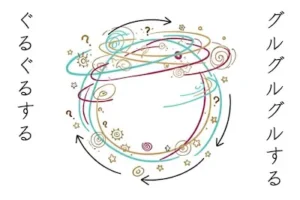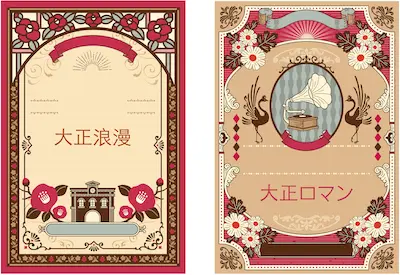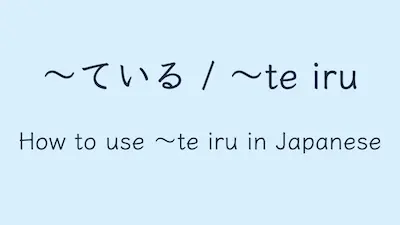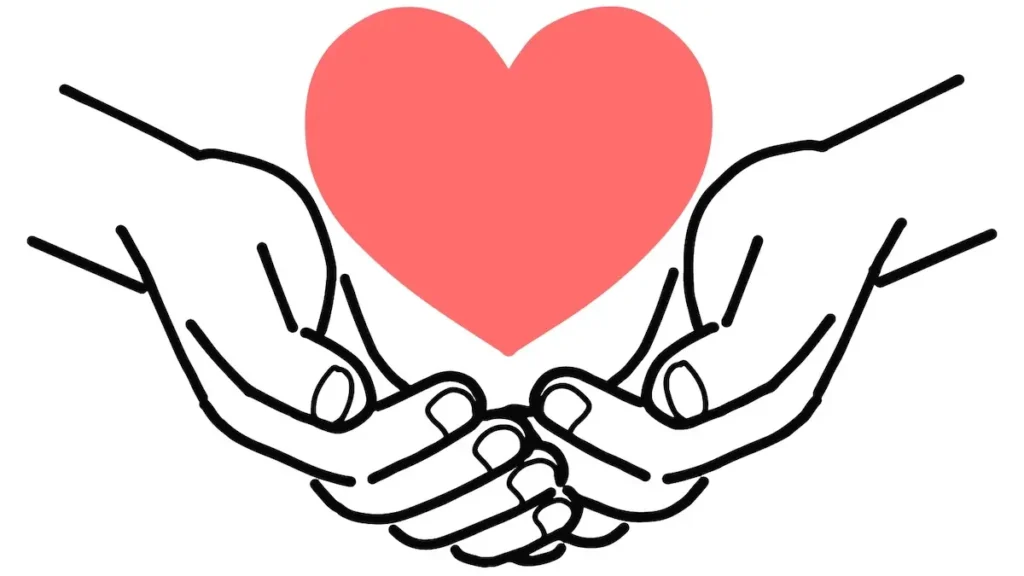
Mottainai (もったいない): The Concept That Teaches Us Not to Waste
What Does Mottainai Mean?
“Mottainai” is a special word in Japanese.
Simply put, it expresses the feeling that it is a waste to throw away something that can still be used.
It also shows the desire not to waste important things.
The word comes from the Buddhist idea called “mottai” (勿体).
This means that every object has its own true value and meaning.
Losing that value feels regrettable.
The word “mottainai” comes from the idea that we should not waste things we are grateful for.
For example, when someone leaves food uneaten, people say “mottainai”.
This shows respect for the life of the food and appreciation for the effort of the person who prepared it.
“Mottainai” is not only about things but also shows respect for people’s feelings and nature.
How Mottainai Is Used in Daily Life
In everyday conversation, people use “mottainai” like this:
- When you don’t finish your meal: “It’s mottainai to leave food behind.”
- When someone tries to throw away clothes that can still be used: “That’s mottainai. Why not give them to someone else?”
- When someone’s talent or time is not used well: “It’s mottainai that [Name]’s talent isn’t being used.”
In other words, “mottainai” can be used not only for things but also for intangible things like time, talent, and chances.
The Global Recognition of the Mottainai Spirit
In 2005, environmental activist Wangari Maathai from Kenya introduced the word “MOTTAINAI” to the world.
She explained that “mottainai” includes the ideas of Reduce, Reuse, and Recycle.
It also adds Respect—for nature and resources.
Since then, “MOTTAINAI” has become known worldwide as a Japanese eco-friendly philosophy.
The Connection Between Mottainai, “Itadakimasu,” and “Gochisousama”
The word “mottainai” contains feelings of gratitude and respect for things.
This idea is closely related to the Japanese phrases “itadakimasu” and “gochisosama”.
“Itadakimasu” is said before eating.
It expresses respect and thanks for the life of the food, and for everyone who grew, delivered, and prepared it.
“Gochisosama” is said after finishing a meal.
It shows gratitude for the food and the people who prepared it.
Both phrases share the spirit of “mottainai” —
not wasting what we are thankful for and valuing what we have.
Japanese language is full of beautiful words that express gratitude in daily life.
Learn more about these meaningful expressions:
→ What Does Itadakimasu Mean?
→ The Meaning of Gochisousama
Japanese of the Day / 今日の日本語
- Word:感謝 (かんしゃ / kansha) – gratitude, thankfulness
- Meaning:The word “感謝” expresses appreciation or thankfulness toward someone or something.
It is used to show that you are grateful for help, kindness, or gifts. - Example:友達に手伝ってもらって、感謝しています。(Tomodachi ni tetsudatte moratte, kansha shiteimasu.)
(I am grateful to my friend for helping me.) - Fun Fact:In Japanese culture, expressing 感謝 is very important.
It can be shown through words, gestures, or actions, not just by saying “thank you.”
◆ Would you like to practice speaking Japanese? ◆
In my lessons, you can use Japanese a lot and learn to speak naturally with me.
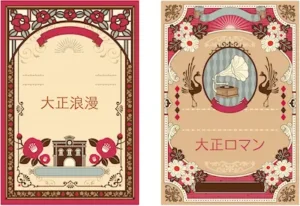
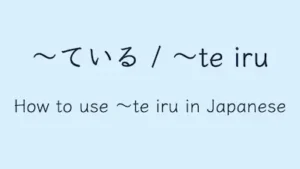
「もったいない」とはどんな意味?
「もったいない」は、日本語で特別な意味を持つ言葉です。
簡単に言うと、「まだ使えるものを捨てるのは惜しい」「大切なものを無駄にしたくない」という気持ちを表します。
この言葉は、もともと仏教の「勿体(もったい)」という考えから生まれました。
「勿体」とは、「物にはそれぞれ本来の価値や意味がある」という考えです。
その価値を失うのは惜しいと感じます。
ありがたいことを無駄にしてはいけない、という心から「もったいない」という言葉ができました。
たとえば、食べ物を残した時に「もったいない」と言うのは、
食べ物の命や作ってくれた人の手間に感謝する気持ちがあるからです。
「もったいない」は物だけでなく、
人の気持ちや自然に対する敬意を表す言葉でもあります。
「もったいない」の使い方
日常会話では、次のように使います。
- ご飯を全部食べない時:「残すのはもったいないよ」
- まだ使える服を捨てようとした時:「それ、もったいないから誰かにあげたら?」
- 誰かの才能や時間が活かされていない時:「〇〇さんの才能が活かされていないのはもったいないね」
つまり、物だけでなく「時間」「才能」「チャンス」など、
形のないものにも使えるのが特徴です。
世界でも注目された「もったいない精神」
2005年、ケニア出身の環境保護活動家ワンガリ・マータイさんが、
「MOTTAINAI」という言葉を世界に紹介しました。
彼女は「もったいない」が、リデュース(減らす)、リユース(再使用)、リサイクル(再生)に加えて、
リスペクト(自然や資源への尊敬)の意味も含むと考えました。
それ以来、「MOTTAINAI」は日本発のエコロジー思想として海外でも知られるようになりました。
「いただきます」と「ごちそうさま」とのつながり
「もったいない」という言葉には、感謝の気持ちと物を大切にする心が込められています。
この考え方は、「いただきます」や「ごちそうさま」とも深く関係しています。
「いただきます」は、食べ物の命や、
それを育て、運び、作ってくれたすべてへの敬意と感謝を表す言葉です。
一方、「ごちそうさま」は、食事を終えたあとに、その恵みや準備してくれた人への感謝を伝えます。
どちらも、「ありがたいものを無駄にせず、大切にいただく」
という「もったいない」の心と共通しています。
日本語には、日々の暮らしの中で感謝の気持ちを表す美しい言葉がたくさんあります。
▼こちらの記事もあわせてご覧ください
→ 「いただきます」の意味とは?
→ 「ごちそうさま」は何を伝える言葉?


